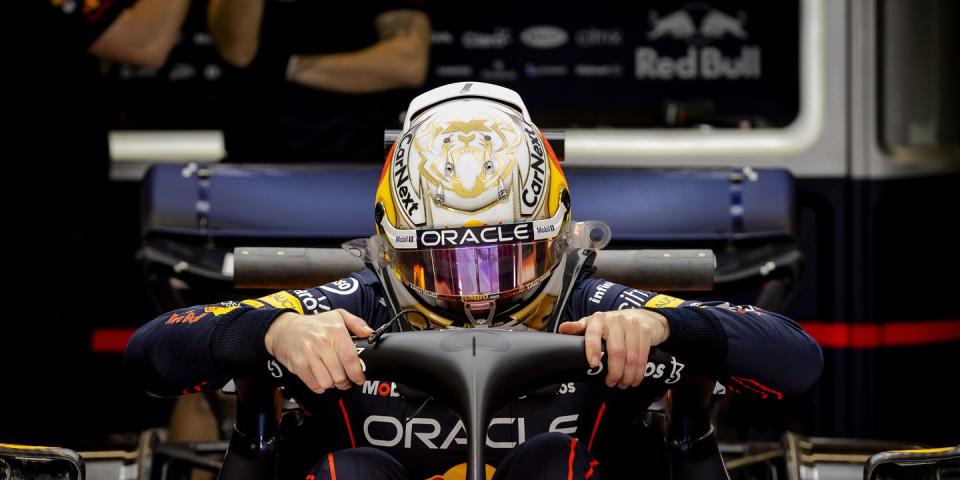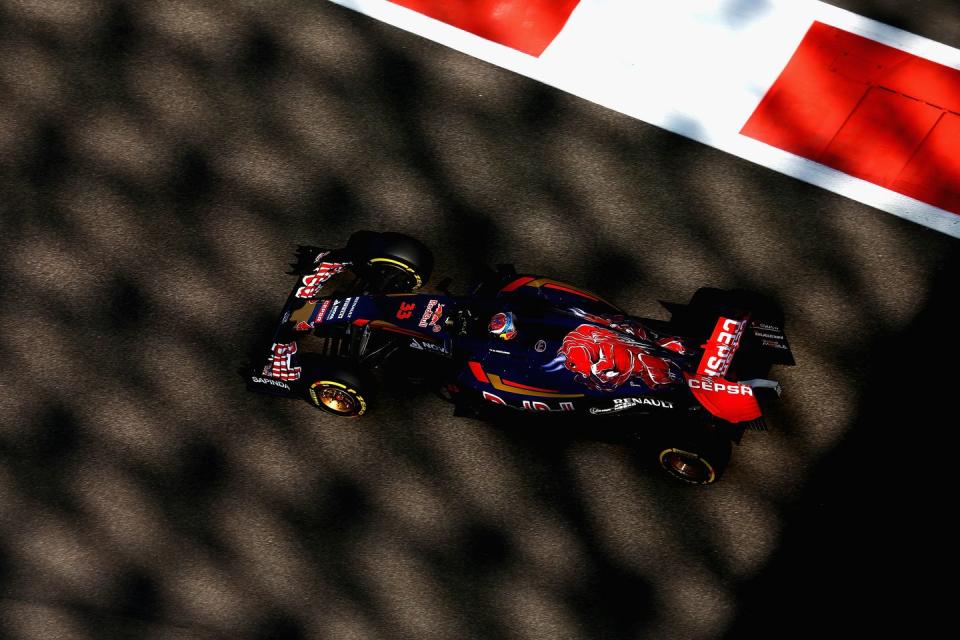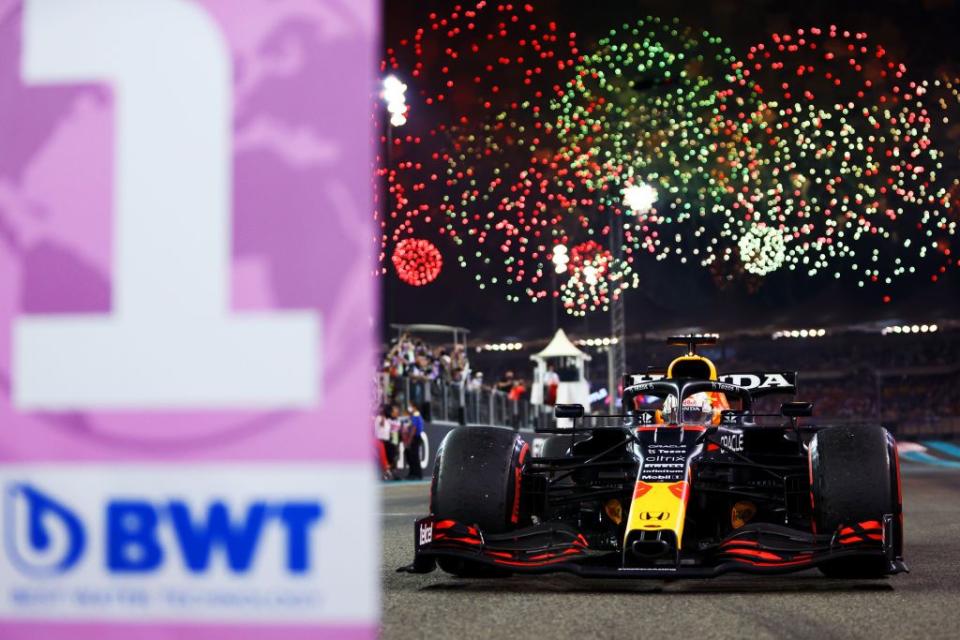Move over Lewis Hamilton; Max Verstappen Can Win Many More Championships

Yes, Max Verstappen won his first career Formula 1 world driver's championship on a last-lap pass made possible only because the FIA and F1 race director Michael Masi made a series of strange and catastrophic choices ahead of and during the season-ending Abu Dhabi Grand Prix. This is the immediate point on which the championship swung, but it misses the point of what Max did in the 2021 season entirely.
This is the eighteenth installment of our driver-by-driver preview of the 2022 Formula 1 season. This weekend, we will be covering Red Bull. You can find the rest of our previews here.
None of the controversy is anywhere near either Red Bull or Verstappen's part. Although their opportunity was created entirely by poorly-written rules executed inconsistently, the team simply made the right choice when a choice was presented and Verstappen simply did what he had to do on the restart. It should not take away from the best-driven season of his career, nor should it take away from the strength of every other one of his wins, many of which came after head-to-head battles with Lewis Hamilton himself.
Max Verstappen is a deserving champion whose title came about because he drove exceptionally for an entire season. What happened at Abu Dhabi was the fault of Formula 1 itself, not the champion it crowned, and the asterisk on that final race does not leave an asterisk on Verstappen's season. He showed real and consistent world-beating form from the beginning to end of 2021, form he will be expected to bring into 2022 as he begins the fight for his second title.

How He Got Here
Verstappen's rise through the open wheel ranks is so uncharacteristically fast that it forced a rule change. He jumped from karts to cars in the 2014 offseason, then won ten races en route to third in the 2014 Formula 3 championship. It was all Red Bull needed to see before promoting him directly to F1 for 2015, a decision that inspired the FIA to introduce a more robust and thorough licensing system soon afterward.
At the time, the decision seemed like a surefire way to waste a prospect's incredible potential. When Red Bull pulled a similar stunt with Jaime Alguersuari, the driver Verstappen replaced as the youngest F1 starter ever, it ended with Alugersuari out of F1 within three years and retired from racing to concentrate on his career as a DJ by 25. Verstappen skipped even further, going straight to the Scuderia Toro Rosso junior team at just 17 without a season in any international series following F1 or junior championship of any level to his name.
Verstappen overcame those concerns quickly. He scored points regularly in a 2015 season highlighted by two finishes of fourth, then got the call to move straight up to Red Bull's senior team four races into the 2016 season. That weekend, he became the youngest driver to ever win an F1 race. Four more podiums rounded out a finish of fifth in the series championship.
Verstappen improved gradually for the next few years, never winning more than three races between 2017 and 2020, but he kept improving and continued to win multiple races every year. With Sebastian Vettel falling out of favor at Ferrari, it was enough to make him the clear greatest threat to Lewis Hamilton for the championship in the 2021 season.


 Yahoo Autos
Yahoo Autos 